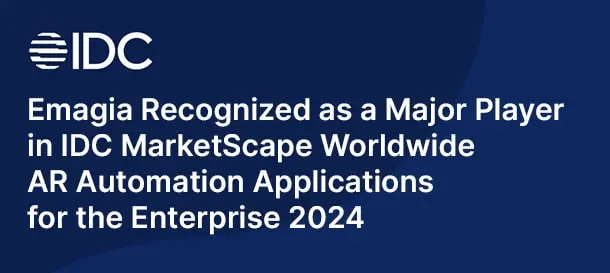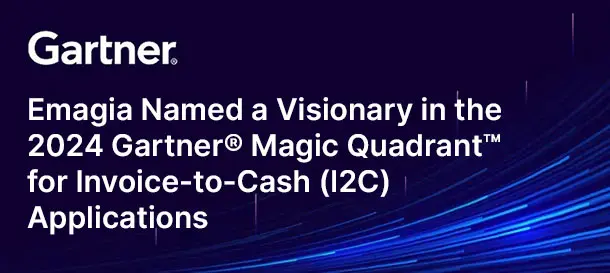In today’s financial world, debts are a part of life for many individuals and businesses. When payments are missed, a debt collection agency often steps in to recover what is owed. But what exactly is a collections agency, how do they work, and what rights do debtors have? This comprehensive guide covers everything you need to know about debt collections agencies, the role of the collections department, and how to effectively deal with them.
What is a Debt Collection Agency?
A debt collection agency or collections company is a business hired by creditors to recover unpaid debts. These agencies specialize in communicating with debtors and negotiating payment arrangements. They play a vital role in the financial ecosystem by helping creditors recover money that might otherwise be lost.
While some businesses try to collect debts internally via their collections department, many opt to outsource to specialized collections agencies that have expertise and resources dedicated to debt recovery.
Understanding the Collections Department and How Collections Work
The collections department is the part of a company responsible for following up on overdue accounts. Their goal is to recover unpaid amounts before debts escalate or are sent to an external agency.
How does collections work? Generally, it starts with reminders and calls to the debtor. If payment is still not made, the account may be referred to a third-party debt collections agency or sold to a debt buyer. These agencies then take over the process, contacting debtors to collect the amount owed.
Collections agencies must follow legal rules such as the Fair Debt Collection Practices Act (FDCPA) in the U.S., which protects consumers from abusive or unfair practices.
Types of Collections Agencies and Debt Collections Agencies
There are different types of collections agencies:
- First-party agencies: Operate as an extension of the original creditor, often contacting customers on their behalf early in the collection process.
- Third-party agencies: Independent companies hired after the creditor’s own efforts have failed, specializing in collection tactics and negotiations.
- Debt buyers: Companies that purchase debt at a discount and then try to collect for their own profit.
Some agencies specialize in particular kinds of debts, such as medical bills, credit cards, or commercial debts.
What can Collections Agencies Do? Legal Rights and Limits
Many wonder, “What can collections do?” Collections agencies have specific legal rights but also clear limits:
- They can contact debtors via phone, mail, and increasingly digital channels.
- They can report unpaid debts to credit bureaus, affecting credit scores.
- They may sue debtors to obtain a court judgment.
However, collections agencies cannot harass, threaten, or misrepresent the debt. They must provide verification of the debt if requested, and they cannot disclose debt details to unauthorized parties.
Knowing your rights helps protect you from unfair treatment during debt collection.
How to Negotiate with Collections Agencies: Tips and Strategies
If you owe money and a collections company contacts you, don’t panic. Here’s how to negotiate with collections effectively:
- Verify the debt: Ask for written validation to confirm the amount and creditor.
- Know your budget: Be realistic about what you can afford to pay.
- Communicate clearly: Keep conversations polite and professional.
- Offer settlements or payment plans: Many agencies accept lump sum payments for less than owed or monthly installments.
- Get agreements in writing: Confirm any deals in writing before paying.
Negotiating can reduce stress, preserve your credit, and help clear debts faster.
Choosing the Right Collections Company for Your Business
If you are a business owner, selecting a reputable collections company is key. Consider:
- Their compliance with consumer protection laws.
- Their track record and industry reputation.
- Use of modern technology for tracking and communications.
- Transparency and customer service standards.
A trustworthy collections agency balances effective recovery with respect for debtors, helping maintain your company’s reputation.
The Impact of Debt Collections Agencies on Businesses and Consumers
For businesses, unpaid debts hurt cash flow and profitability. Using professional debt collections agencies can improve recovery rates and reduce losses.
For consumers, debt collection can impact credit scores and cause emotional stress. It’s essential to understand the process and your rights to navigate it successfully.
Emerging Trends in Collections Agencies
Technology is transforming how collections agencies operate. Artificial intelligence and automation are enabling predictive analytics, better communication strategies, and streamlined workflows. Ethical practices are becoming a focus, ensuring compliance and protecting consumer rights in an evolving regulatory environment.
How Emagia Helps Businesses Optimize Collections and Maximize Recovery
Modern businesses face challenges balancing debt recovery with customer relationships. That’s where Emagia steps in. As an AI-powered Order-to-Cash platform, Emagia automates and optimizes the entire collections process.
- Emagia helps companies prioritize accounts, tailor communications, and improve recovery rates.
- It ensures regulatory compliance and enhances transparency.
- Real-time analytics provide businesses with deep insights to make informed decisions.
By leveraging Emagia, businesses can reduce manual effort, increase cash flow, and maintain better customer experiences.
Frequently Asked Questions (FAQs)
What is a collections agency and how do they operate?
A collections agency is hired by creditors to recover unpaid debts by contacting debtors and negotiating payment arrangements.
How does collections work when you owe money?
It involves escalating reminders and collection efforts that may include third-party agencies or legal actions if payments are not made.
What can collections agencies legally do to recover debt?
They can contact you, report debts to credit bureaus, and take legal action but cannot harass or deceive you.
How to negotiate with collections agencies effectively?
Verify the debt, communicate clearly, propose reasonable payment plans, and get all agreements in writing.
What is the difference between a debt collections agency and a collections company?
The terms are often used interchangeably, both referring to companies that collect overdue debts, although some companies buy debt portfolios while others collect for creditors.
What is collections department in a company?
The internal team handling overdue accounts and debt recovery before involving external agencies.
How do debt collections agencies affect credit scores?
They can negatively impact credit scores by reporting unpaid debts until resolved.



